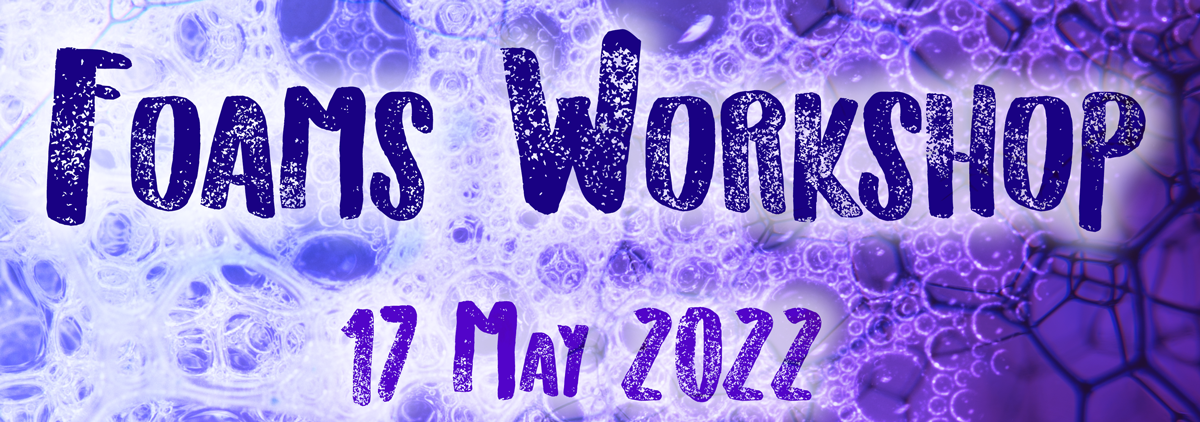Speaker
Description
Nowadays, the demand for vegan and sustainable food products is rising and oat drink has become a popular milk-alternative. For various kinds of applications, a capacity to form creamy, stable, homogeneous foams is required for such drinks. Such macroscopic foam properties are highly dependent on molecular interactions at the air-water interface and protein kinetics within the lamellae. However, the underlying structure-function relationships between these molecular interactions and the resulting macroscopic foam properties are not yet fully understood, especially for multicomponent systems like plant-based beverages. Like many other food foams, oat drink foams belong to the protein-based foams with 12S seed storage protein being the major protein present in oats. In this study, foams of an organic, vegan, barista oat drink were investigated that only contained water, oats, canola oil and salt.
Here, the influences of protease treatment, heat treatment, canola oil addition as well as homogenization parameters on the foam properties were investigated. After foaming the oat drink samples, the foam was investigated by measuring foam heights over time. To underline these measurements also light microscopy, photography and particle size measurements were applied to compare with bubble size evolution and oil droplet distribution.
It was found that protease treatment led to a higher foaming capacity but lower foam stability and that heat treatment decreased the stability of the oat drink foam. Furthermore, addition of small contents of canola oil enhanced the foaming capacity of the oat drink. However, the foam stability decreased with increasing canola oil content. Moreover, a higher number of revolutions per minute and longer duration of homogenization treatment led to a more homogeneous emulsion and a higher foaming capacity as well as foam stability.
These findings contribute to a better understanding of the physical interactions determining the enhancement of foaming capacity and foam stability of oat drinks.

